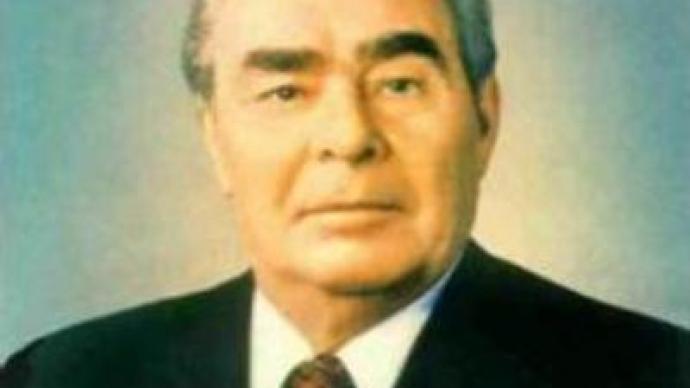Russia commemorates Leonid Brezhnev

Russia is remembering one of its longest serving leaders, Leonid Ilyich Brezhnev, who would have been 100 today. Brezhnev ruled for nearly 18 years until 1982 and was known for fostering economic and political stagnation.
Brezhnev's political career developed fast after he fought in World War II.Following Joseph Stalin's death Brezhnev tied his fortunes to Nikita Khruschev, but later led the conservative coalition against him. But for the people everything after Stalin seemed like a breath of fresh air.“Of course the system was pretty authoritarian but there was no mass repression,” recalls Boris Kagarlistsky, a former dissident. “I would not say that the people were freer than they were before but they were kind of safer. And that feeling of safety was extremely important for the Soviet society.”Those who knew Brezhnev or worked with him say he was kinder but less intelligent than his predecessors.“I wouldn't say he was a gifted person and most certainly he was not extremely well bred. I never seen him hold a book or speak about any book or author he had read. He was a kind person both in life and in his political career. He's never killed anybody or severely repressed apart from several dissidents who were later expelled,” says Anatoly Chernyaev, Brezhnev's former speech writer.And there were some important moments to remember about Brezhnev, especially in his relationship with American presidents.“I think that Brezhnev really saw his mission in life to prevent war, to improve the international situation, to save the world from a nuclear holocaust,” claims Victor Sukhodrev, Brezhnev's personal interpreter. “It was almost a kind of religious feeling for him. Now we have to remember that he did go through the war from day one to the end. True he was a political officer, he was not a commander but he was there. He saw the war, he knew what war was like and what the war was all about, and yes he did see it as his mission in life to do whatever he could to prevent any new military collision.”But still Brezhnev was part of the system, punishing those who turned against that system. In 1968 he was convinced to send troops to suppress the Prague spring.“Brezhnev was the last who agreed to the invasion,” Mr Chernyaev says. “Till the last moment he tried to convince Alexander Dubchik to settle the crisis in his own country himself. But Kosygin stood fiercely for invading Czechoslvakia. He and others, like Polyanski, Voronov, Shelepin and Brezhnev had to give in and crush the Prague spring.”Brezhnev was kept in power until he was unable to read his own speeches. When he died in November 1982 at the age of 75, the Soviet Union had only 10 years left to live.
You can share this story on social media:












